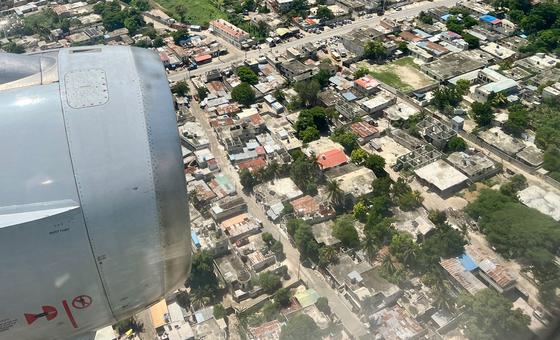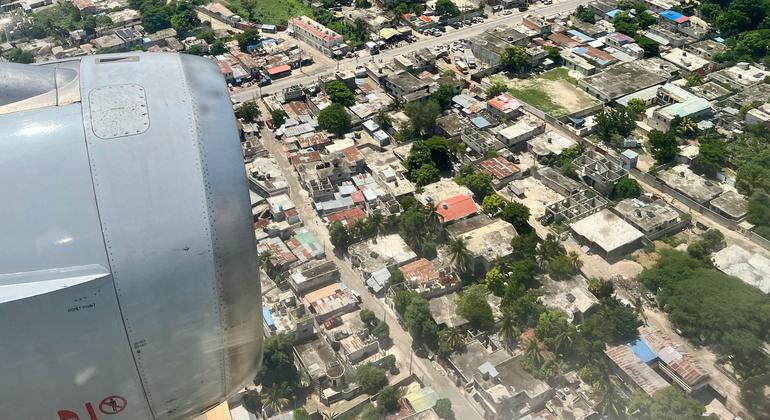
The UN said on Tuesday that its children’s agency UNICEF and partners have delivered over 242,000 gallons of water since early March, while the World Food Programme (WFP) and partners have provided over 146,000 hot meals.
People traumatized by the recent violence are also receiving psychosocial support.
Infrastructure attacked
The UN humanitarian affairs office, OCHA, noted that schools, hospitals and government buildings in the capital continue to be attacked, with many having curtailed their operations.
The public electricity company recently reported that several substations in the Port-au-Prince metropolitan area were destroyed, leaving several areas without power.
Meanwhile, the health sector continues to struggle due to the lack of medical supplies, healthcare workers and blood.
Support to hospitals
OCHA said the Bernard Mevs hospital in Port-au-Prince has gradually resumed its activities, with support from the UN health agency (WHO) and its regional arm, the Pan American Health Organization, in providing medicine and medical equipment.
A stock of anaesthetic drugs has been provided to Hospital Universite de Paix and Eliazar Germain Hospital in Petion-ville, a suburb of the capital.
Some 5.5 million people in Haiti, roughly half the population, need humanitarian aid. However, a $674 million plan, announced in late February, is just 6.5 per cent funded, with $43 million received.
The plan aims to provide food, shelter, health, education, and protection services for 3.6 million people this year.



